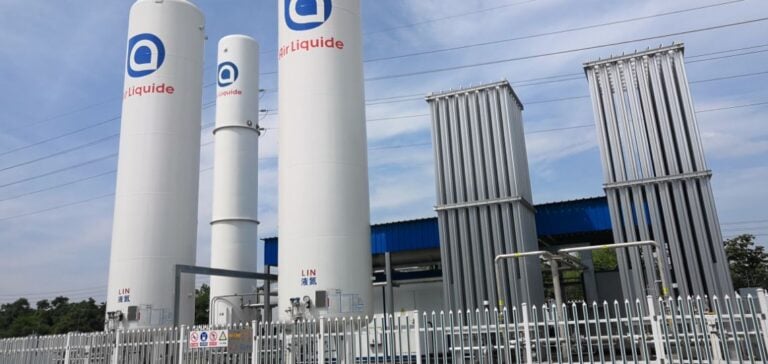The industrial group Air Liquide has announced the launch of its first ammonia cracking pilot project at the port of Antwerp, Belgium, scheduled for the first quarter of 2025. This project aims to address the growing demand for low-carbon hydrogen, a key resource for European energy markets.
Technologies and Production Challenges
Ammonia cracking is an emerging technology that allows ammonia to be converted into usable hydrogen. This conversion, while promising, poses technological and energy challenges. Experts estimate that the process results in an energy loss of around 17%. Companies are therefore investing in technologies to reduce this loss, including the use of alternative low-carbon heat sources.
The use of low-carbon natural gas blends is also being explored to meet European carbon intensity criteria. However, tracking emissions throughout the supply chain remains a major obstacle to improving yields.
Economic Impacts and Regional Strategies
The cost of hydrogen from electrolytic ammonia delivered to Northwest Europe is estimated at $7.99/kg, according to market data from December 2024. This figure contrasts with the $8.82/kg needed to produce renewable hydrogen locally in the Netherlands. Using natural gas as an energy source could reduce these costs to $6.63/kg.
In this context, low-carbon hydrogen imports play a crucial role in the energy strategy of countries like Belgium. Imported hydrogen could become a key factor in meeting 2030 climate objectives.
Infrastructure and Limitations
The development of suitable infrastructure, such as hydrogen transportation networks, remains a priority. Currently, the logistical reach of ammonia cracking is limited to a radius of 250 to 300 kilometers around major ports like Antwerp and Rotterdam.
The integration of ammonia cracking into European regulations, scheduled for February 2025, underscores its strategic importance. Operators will be required to provide negotiated access to their facilities, promoting increased transparency and inter-company collaboration.
Political and Environmental Perspectives
The European hydrogen strategy is based on ambitious goals to reduce greenhouse gas emissions while supporting the energy economy. Incentives for low-carbon production could stimulate investment and increase the competitiveness of European players in this evolving market.
However, questions remain about balancing economic competitiveness and regulatory compliance. These challenges will influence the decisions of governments and companies in the years to come.






















